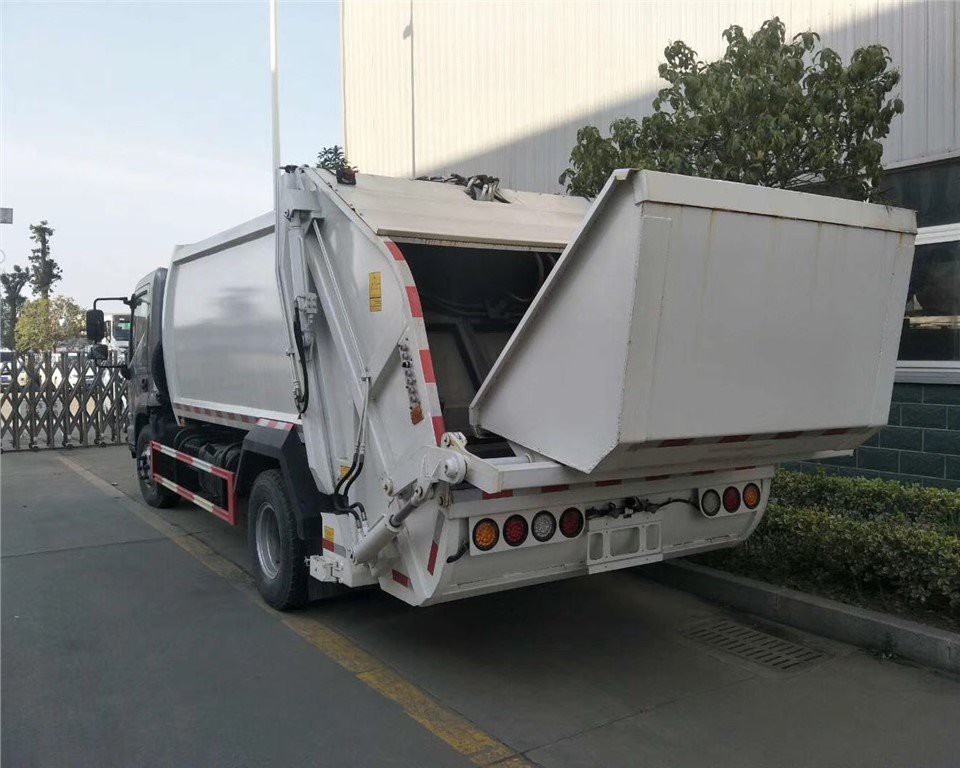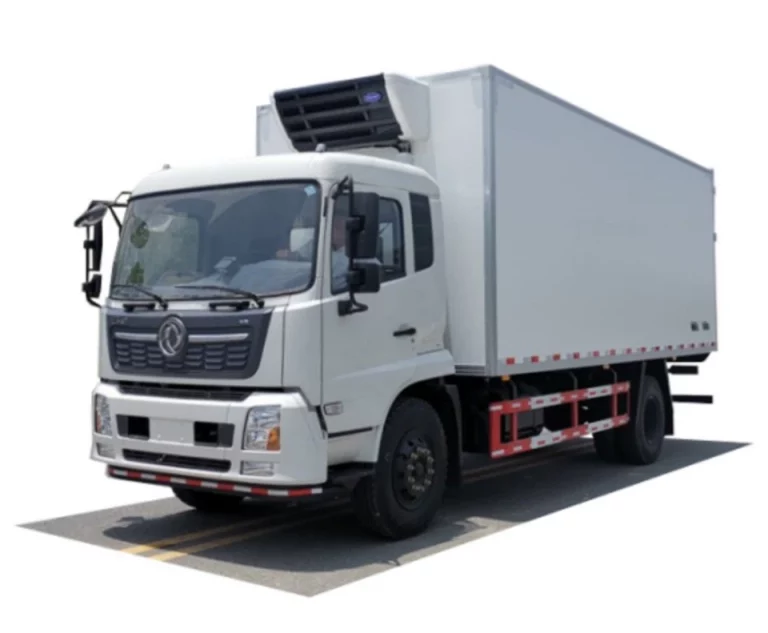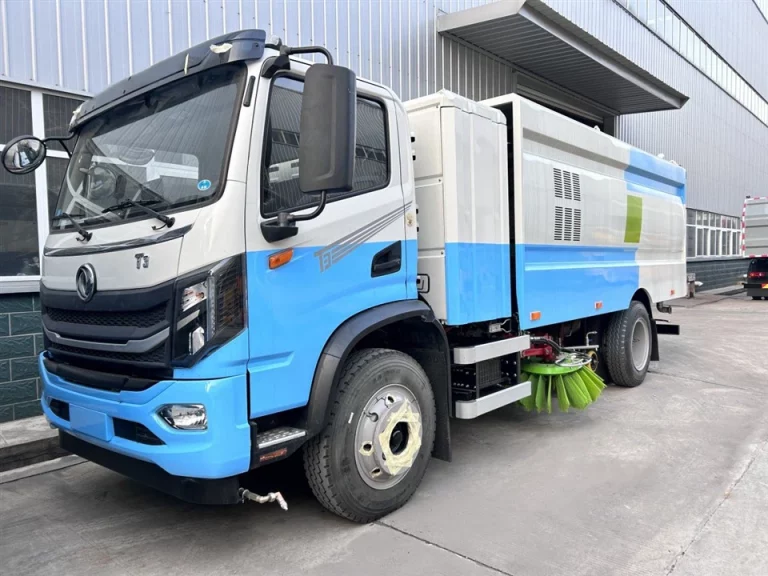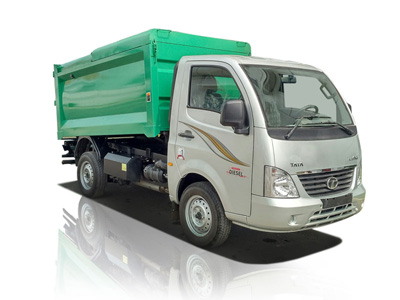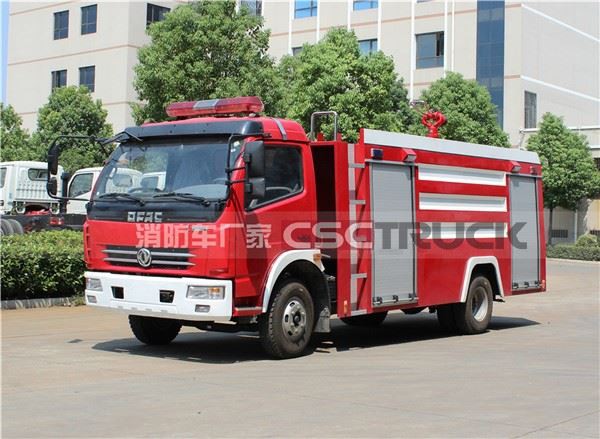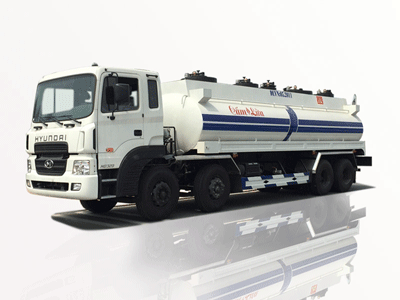Garbage container trucks play a crucial role in our waste management systems. They are dedicated vehicles designed to collect, transport, and dispose of municipal waste efficiently. Understanding how these trucks work, the types available, their features, and the latest innovations can help communities and organizations manage their waste effectively. This article will explore all aspects related to garbage container trucks.
Understanding Garbage Container Trucks
Garbage container trucks are specialized vehicles designed specifically for the collection and handling of solid waste materials. They come in various sizes and configurations to accommodate diverse needs in urban, suburban, and rural environments.
What is a Garbage Container Truck?
A garbage container truck, often referred to as a refuse truck or waste collection vehicle, is used to pick up waste from designated containers, transport it to a landfill or recycling center, and dispose of it properly. These trucks are equipped with hydraulic systems that allow them to lift and dump garbage containers effortlessly.
Types of Garbage Container Trucks
Different types of garbage container trucks cater to varying waste management needs. Here are some common types:
1. Front-Load Garbage Trucks
Front-load garbage trucks are designed for commercial waste collection. They have a hefty container at the front, where the driver can lift and dump waste containers using hydraulic lifting systems.
2. Rear-Load Garbage Trucks
Rear-load trucks feature the waste compartment at the back, where waste is loaded manually. These trucks are often used in residential collection, allowing workers to easily access waste at curbsides.
3. Side-Load Garbage Trucks
Side-load trucks come with an automated arm on the side that picks garbage containers from the curb. This innovation minimizes labor costs and increases collection efficiency.
4. Roll-off Garbage Trucks
Roll-off trucks are designed to transport large containers, typically used for industrial or construction waste. They have specialized hydraulic mechanisms that allow containers to be rolled off the truck at the destination.
Key Features of Garbage Container Trucks
Garbage container trucks are equipped with various features to enhance performance, safety, and efficiency. Some notable features include:
1. Compaction Systems
Many garbage trucks come with integrated compaction systems that compress waste. This allows for greater volume reduction, enabling trucks to transport more waste in a single trip.
2. Automated Lifting Mechanisms
Automated lifting mechanisms reduce the manual labor required for waste collection by enabling the truck to lift containers without human intervention, streamlining the collection process.
3. GPS Tracking and Routing
Modern garbage container trucks often come equipped with GPS technology, allowing fleet managers to track truck locations in real-time, optimize routes, and reduce operational costs.
4. Safety Features
Safety features, like cameras, proximity sensors, and strobe lights, enhance visibility and reduce accidents, ensuring safety for both truck drivers and pedestrians during waste collection.
The Importance of Garbage Container Trucks in Waste Management
Garbage container trucks play an indispensable role in the waste management ecosystem. Here’s why they are essential:
1. Public Health and Sanitation
Efficient waste removal helps maintain public health by reducing the chances of pest infestations, unpleasant odors, and disease transmission associated with unmanaged waste.
2. Environmental Protection
Proper disposal of waste prevents littering and pollution, protecting natural habitats and ecosystems. Garbage container trucks ensure that waste reaches designated treatment and disposal facilities.
3. Economic Efficiency
Modern garbage collection methods, facilitated by advanced container trucks, reduce the overall cost of waste management by optimizing fuel consumption and minimizing labor costs.
Choosing the Right Garbage Container Truck
Selecting the right garbage container truck for your specific needs involves considering several important factors:
1. Size and Capacity
Consider the amount of waste generated in your area. Larger waste volumes typically necessitate bigger trucks with greater capacity for maximum efficiency.
2. Type of Waste
Different trucks are suited for particular waste types, such as residential, commercial, or construction debris. Ensure the truck you choose aligns with the type of waste you manage.
3. Budget
Evaluate your budget and the financial implications of purchasing or leasing a garbage container truck. Keep in mind the operational costs, maintenance expenses, and resale value.
4. Environmental Compliance
Check local and federal regulations regarding emissions and waste disposal. Choose trucks that comply with environmental standards to avoid legal implications and fines.
Innovations in Garbage Container Trucks
The waste management industry is continuously evolving, and garbage container trucks are no exception. Some innovations to look out for include:
1. Electric Garbage Trucks
Electric models are emerging as an environmentally friendly alternative to traditional diesel trucks. They offer reduced greenhouse gas emissions and lower operational costs over time.
2. Smart Garbage Trucks
Smart garbage trucks are integrated with IoT technology that monitors their operational status in real-time. This data can be used for predictive maintenance and increased efficiency in routes.
3. Improved Compaction Technology
New compaction technologies are making it possible to compress waste more effectively, maximizing the load capacity of each trip and reducing the frequency of collections.
Maintenance Tips for Garbage Container Trucks
1. Regular Inspections
Conduct routine checks for fluid levels, brake systems, and tire conditions to prevent breakdowns and improve safety on the job.
2. Cleaning and Sanitation
Regularly clean the truck’s waste compartment to prevent unpleasant odors and maintain hygiene, which is critical in waste management.
3. Monitor Mileage and Service Intervals
Keep track of mileage and adhere to manufacturer-recommended service intervals to ensure longevity and reliable performance.
Challenges in Garbage Collection and How to Overcome Them
While garbage container trucks are essential, the waste management industry also faces challenges such as:
1. Urban Congestion
Traffic congestion can impede garbage collection efficiency. To mitigate this, routes should be planned during off-peak hours to reduce delays.
2. Increasing Waste Volumes
As urban populations grow, the volume of waste also increases. Communities may need to invest in more trucks or more efficient waste collection technologies to manage this growth effectively.
3. Recycling and Diversion Efforts
Encouraging recycling and composting can divert a significant amount of waste from landfills. Concerted education and outreach efforts can promote these initiatives.
FAQ Section
1. How often do garbage container trucks collect waste?
The frequency of waste collection varies by municipality but typically ranges from once a week to several times a week, depending on waste generation levels.
2. What types of waste can garbage container trucks collect?
Garbage container trucks can collect municipal solid waste such as household refuse, yard waste, and, in some cases, recyclable materials, depending on local regulations.
3. Are there environmentally friendly options for garbage container trucks?
Yes, electric garbage trucks and those equipped with advanced compaction systems are considered more environmentally friendly, reducing emissions and energy consumption.
4. What is the average cost of a garbage container truck?
The cost of a garbage container truck can vary widely based on its type, size, and features, ranging from $100,000 to $400,000 or more for specialized models.
5. Can garbage container trucks operate in residential neighborhoods?
Yes, specially-designed garbage container trucks can operate in residential neighborhoods, where they collect waste from curbside bins. Each truck type serves different needs based on local waste collection practices.
6. How is waste processed after collection?
After collection, waste is transported to designated landfills or recycling facilities, where it is sorted, treated, and processed according to local waste management policies.
